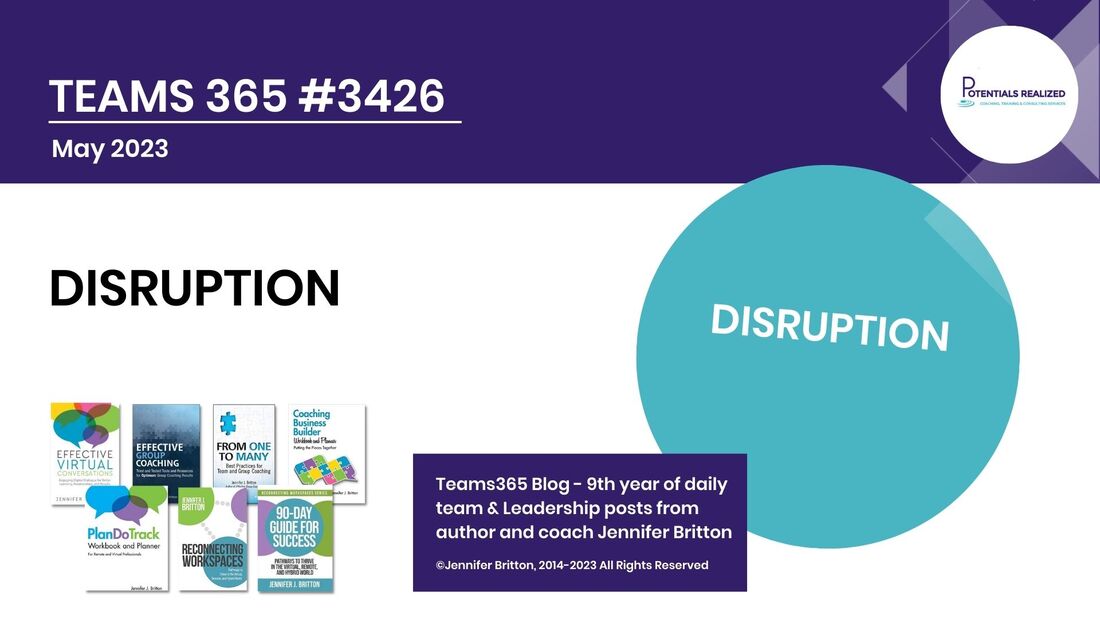Resilience encompasses several key components:
1. **Positive Mindset:** Resilient individuals tend to have a positive outlook on life, even in the midst of adversity. They view challenges as opportunities for growth and learning, rather than insurmountable obstacles. Cultivating a positive mindset involves reframing negative thoughts, focusing on solutions rather than problems, and finding gratitude and meaning in every situation.
2. **Emotional Regulation:** Resilience involves the ability to manage and regulate our emotions effectively. It's normal to experience a range of emotions, including sadness, anger, and fear, during difficult times. However, resilient individuals are able to acknowledge and process their emotions without being overwhelmed by them. Techniques such as deep breathing, mindfulness meditation, and journaling can help regulate emotions and promote emotional resilience.
3. **Social Support:** Social connections play a crucial role in building resilience. Having a supportive network of friends, family members, or colleagues can provide encouragement, validation, and practical assistance during challenging times. Resilient individuals are not afraid to reach out for help when needed and are willing to offer support to others in return.
4. **Problem-Solving Skills:** Resilience involves the ability to identify problems, generate effective solutions, and take proactive steps to address challenges. Rather than becoming paralyzed by adversity, resilient individuals approach problems with a sense of agency and resourcefulness. They break tasks into manageable steps, seek out information and resources, and persist in the face of obstacles.
5. **Adaptability:** Resilience requires flexibility and adaptability in response to changing circumstances. Life is unpredictable, and unexpected challenges will inevitably arise. Resilient individuals are able to adjust their goals, plans, and expectations as needed, without losing sight of their long-term objectives. They view change as an opportunity for growth and transformation, rather than a threat to their stability.
6. **Self-Care:** Taking care of our physical, emotional, and mental well-being is essential for building resilience. Self-care practices such as exercise, healthy eating, adequate sleep, and relaxation techniques help recharge our batteries and replenish our resilience reserves. Prioritizing self-care allows us to better cope with stress, maintain perspective, and bounce back from setbacks.
Building resilience is an ongoing process that requires practice, patience, and self-awareness. By cultivating a positive mindset, regulating our emotions, nurturing social connections, honing problem-solving skills, embracing adaptability, and prioritizing self-care, we can strengthen our resilience muscles and navigate life's challenges with greater ease and confidence. Remember, resilience is not about being invincible; it's about bouncing back stronger and wiser after every setback.
CEO, Head Coach and Author
Potentials Realized | Group Coaching Essentials
Leadership | Teamwork | Coaching
Contact: 1-416-996-8326
Email: [email protected]
Instagram:@ReconnectingWorkspaces @CoachingBusinessBuilder
Pick up a copy of Reconnecting Workspaces: Pathways to Thrive in the Virtual, Remote and Hybrid World at Amazon – https://bit.ly/reconnectingworkspaces.
Check out my latest TEDx talk – Coaching Teams Through Chaos at https://www.ted.com/talks/jennifer_britton_coaching_teams_through_chaos
Set up a call with myself or my team to learn more about how we can support you through our award-winning ICF CCE approved Coach Training programs – https://calendly.com/potentials-realized/group-coaching-essentials

 RSS Feed
RSS Feed





